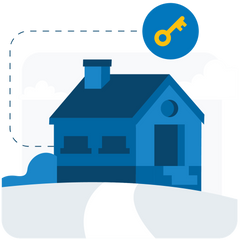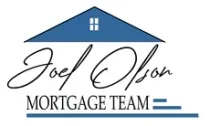Finding the best mortgage can be frustrating. It doesn't have to be when you follow my 3 step plan.
Get started right away
The best place to start is to connect with me directly. My commitment is to listen to your needs, assess your financial situation, provide professional mortgage advice, and
guide you through the mortgage process.
Get clarity
Sorting through all the different mortgage lenders, rates, terms, and features can be overwhelming.
Let me cut through the noise. I'll outline the best mortgage products available with your needs in mind.
Proceed with confidence
My goal is to make sure you know exactly where you stand at all times. From your initial application through your mortgage renewal, I'm available to answer any questions for as long as you need a mortgage.
I've got you covered.
Joel Olson
Hello, I’m Joel Olson, I have been helping clients arrange mortgage financing since 2008. For me, I love helping people achieve their dreams and I have found Mortgage Brokering to be a very rewarding way of doing this.
My clients and colleagues have described me as tenacious, hard working and intuitive. These traits are displayed by the great effort I put in to ensure my clients get the best mortgage product available to suit their individual needs.
When I am not busy with clients, you can find me spending time with my family and celebrating life!
I am proud to serve clients from the Lower Mainland, through the Fraser Valley, the Thompson-Okanagan, Shuswap, and Kootenay regions, and on into Northern BC. If you live in British Columbia, I can help you with mortgage financing.
Nice things people have said about working with me.
Get started by completing my online mortgage application.
I'll let you know exactly where you stand so you can proceed with confidence.
Let's run some numbers.
Start by telling us where you're at in your home buying journey.
Exciting times! Let's find out how much you'll be able to afford once you decide to buy.
Everything you need,
all in one place
As a trusted mortgage provider, let me help you with these services.
Click through any of the services to learn more
Mortgage articles to keep you informed.









